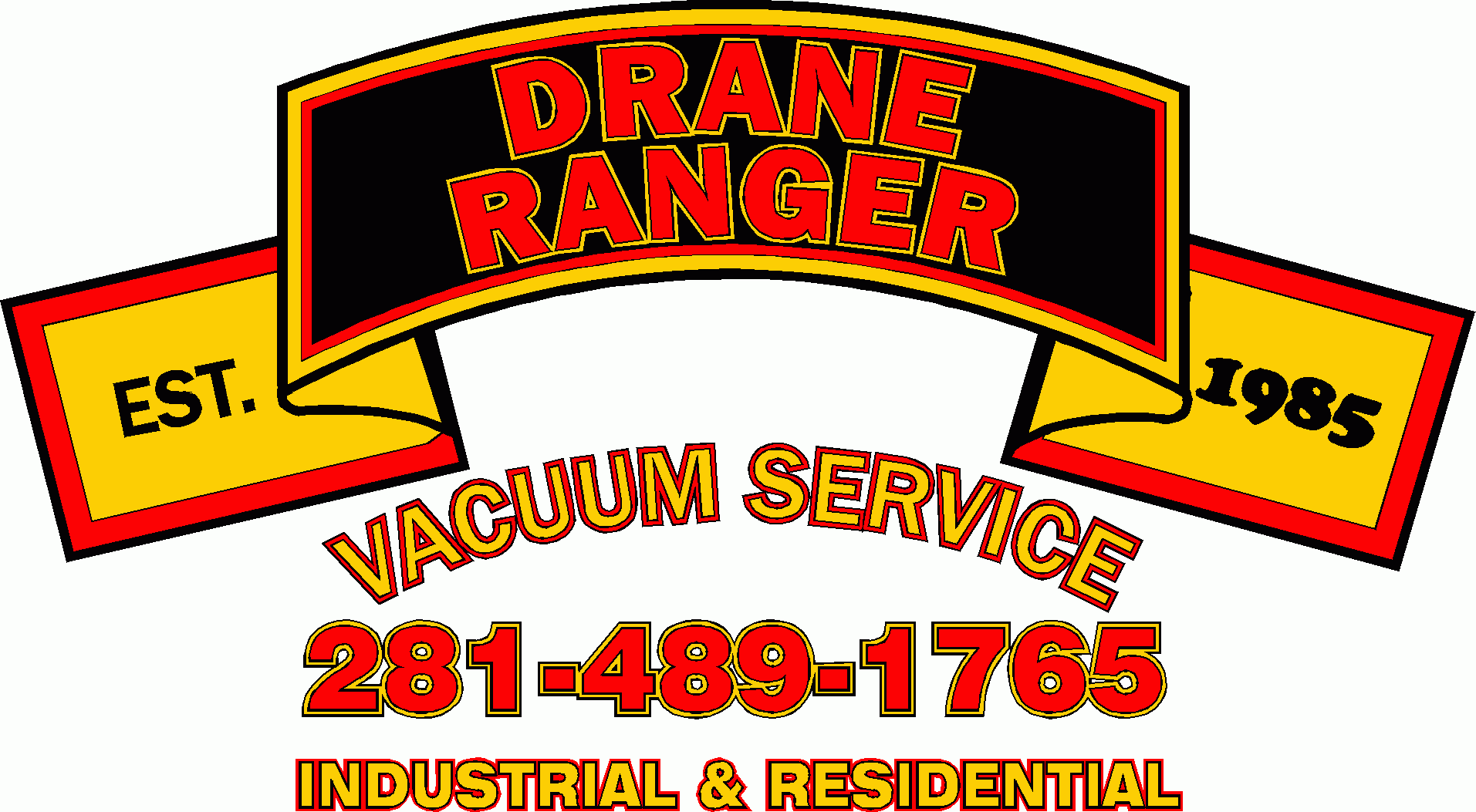From industrial tanks and reservoirs to bustling city streets, a vacuum truck cleans and hauls away waste with ease. A vacuum truck is simply a truck that is equipped with a tank and a pump, which is primarily designed to suck up liquid, sludge, slurries, dirt, and other material both above and below ground. The waste is then transported to a disposal or treatment site. The most common material that vacuum trucks remove is sewage — human excreta mixed with water — but they are also a great way to clean streets. Here are the four benefits of choosing Vacuum Truck Services in Houston, TX.
1. Versatility
Not all vacuum trucks are created equally. There is a wide variety of models and makers that suit different cleaning jobs better than others. You can choose between both wet and dry debris vacuum truck services in Houston, TX. These industrial vehicles are equipped with water tanks that can hold up to 1,500 gallons of waste, and debris tanks that can hold up to 2,000 gallons. Vacuum trucks are also equipped with odor control and spill prevention apparatuses to ensure there is no possibility of the public being exposed to harmful or hazardous materials.
2. Safety
A vacuum truck is not only safe for a properly trained crew to operate, but it improves safety for communities and animals. Vacuum truck services in Houston, TX, remove trash and waste that litters the street and settles in gutters. Litter can easily fly across the front or back window of a car and startle a driver or obstruct the view out a window. It is also possible for drivers to mistake garbage for an animal or other object causing them to swerve, so it is important that upkeep be maintained to reduce the possibility of an accident or collision. Maintaining clean streets also reduces the risk of wildlife or pets consuming trash or debris that could be detrimental to their health. There is less chance of animals being killed or injured by cars on the roadways when debris is removed.
3. Environmental Protection
Not only do vacuum truck services in Houston, TX, make communities look better but the regular cleaning also protects the environment. Hazardous waste and metal particles are often left behind from trash and passing vehicles. If the waste and particles are not properly dealt with, they can cause a lot of harm. This debris can be absorbed into the ground, and travel via rain and wind into rivers, creeks, bays, and beaches.
4. Reduce Damage
Abrasion is one of the most common causes of automobile finish damage. If left unchecked, debris can cause serious damage to cars, especially the undercoating. Vacuum truck services in Houston, TX, reduce the risk of vehicle damage and also eliminate potential damage to roadways. Storm drains can quickly become clogged if garbage is ignored and allowed to pile up. This causes runoff pathways to be blocked and water is able to build up on streets, which over time, can lead to erosion. Clean up is especially important in areas where construction or developmental crews are working. Visit our website for more information.
